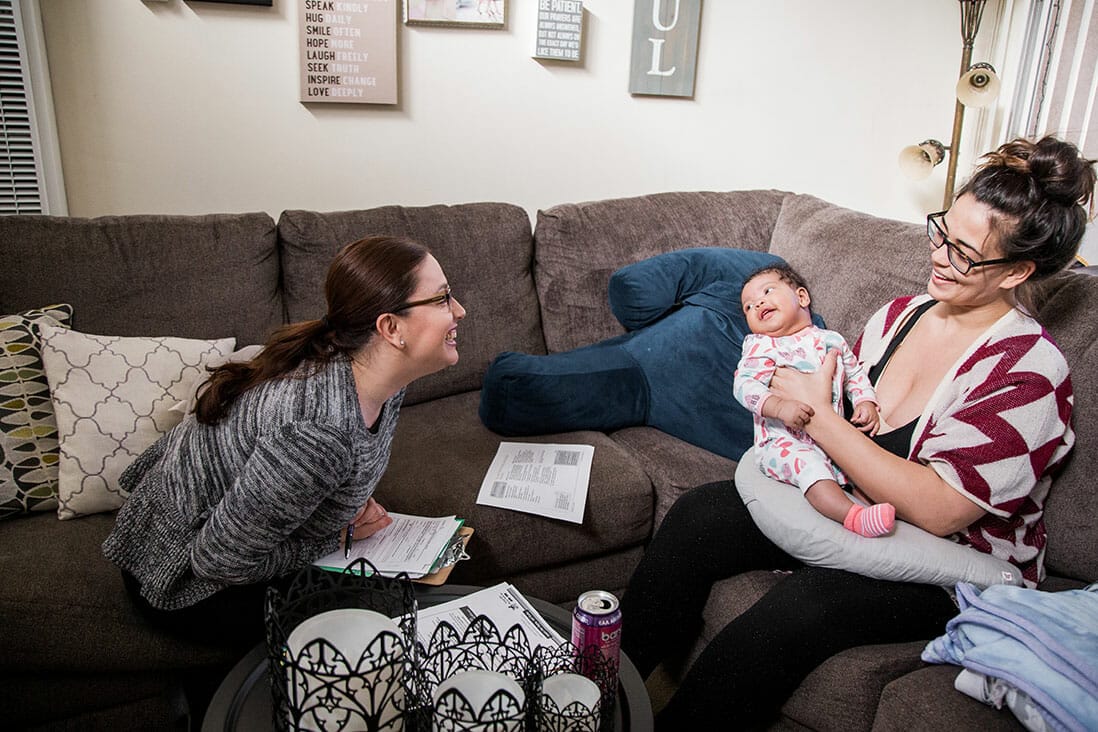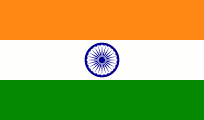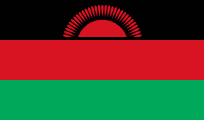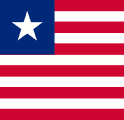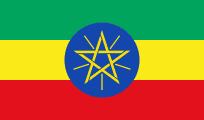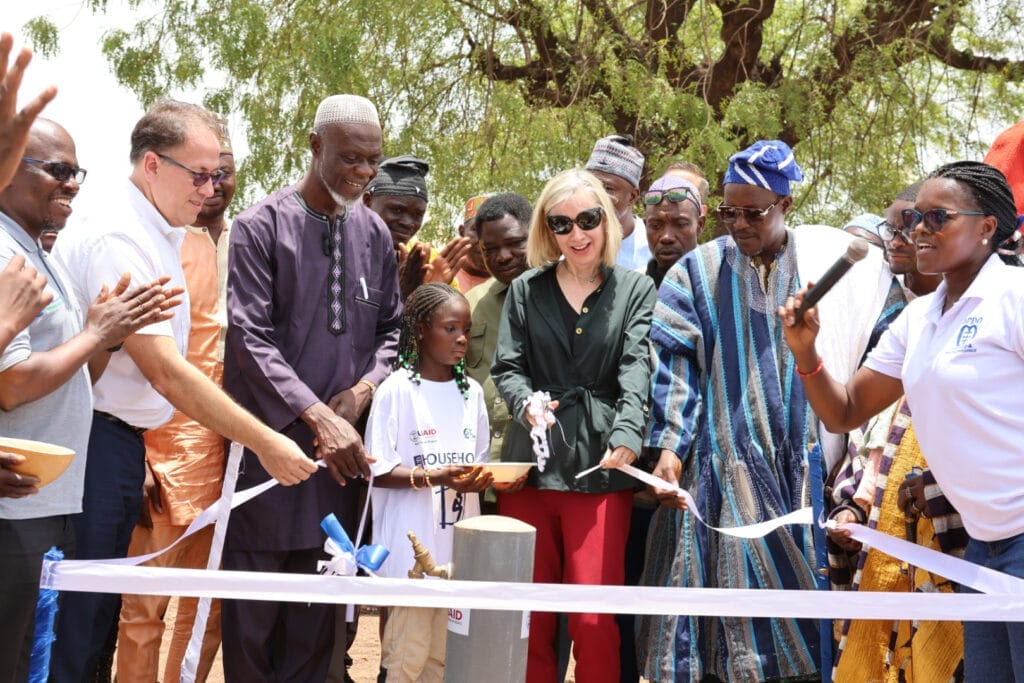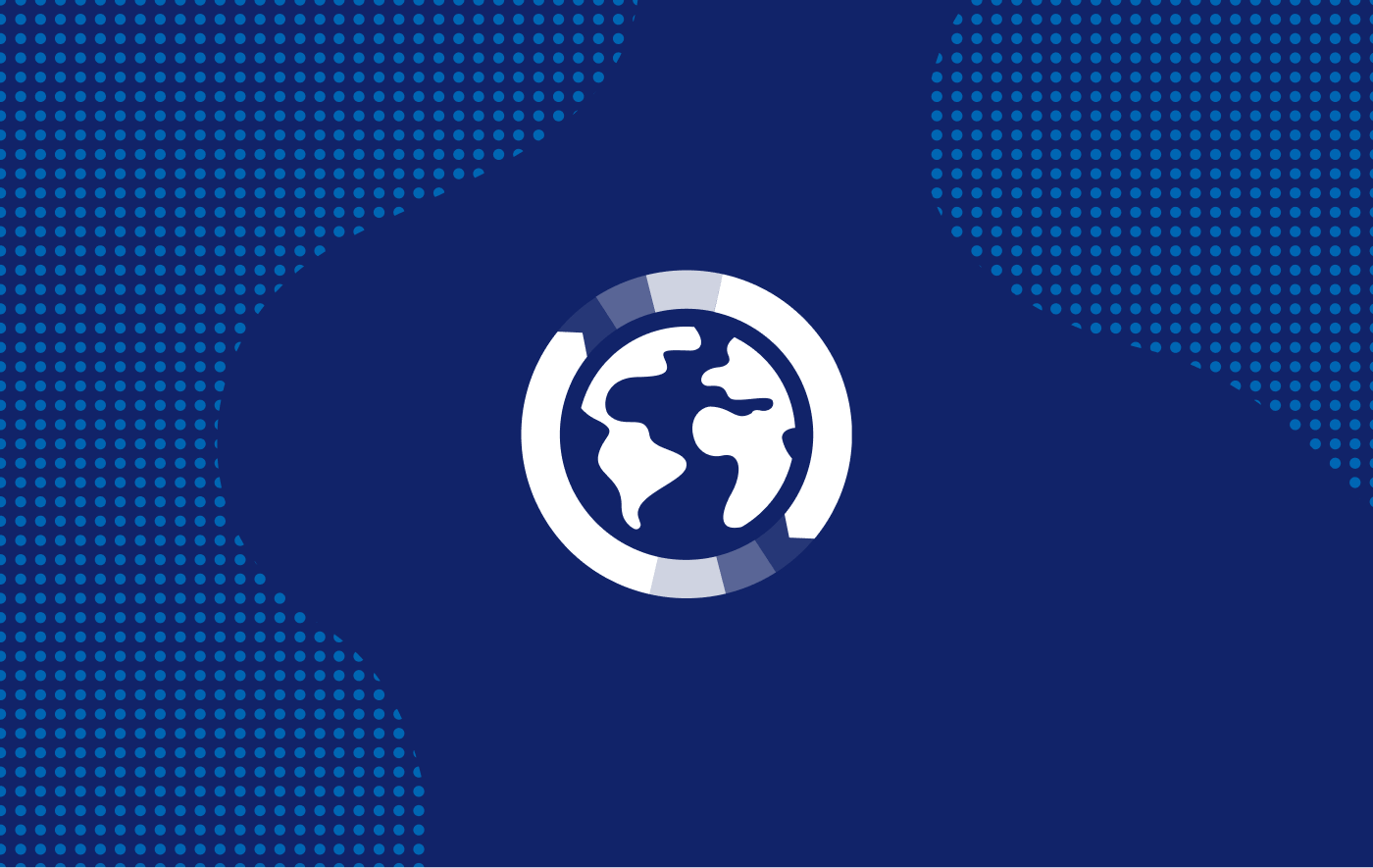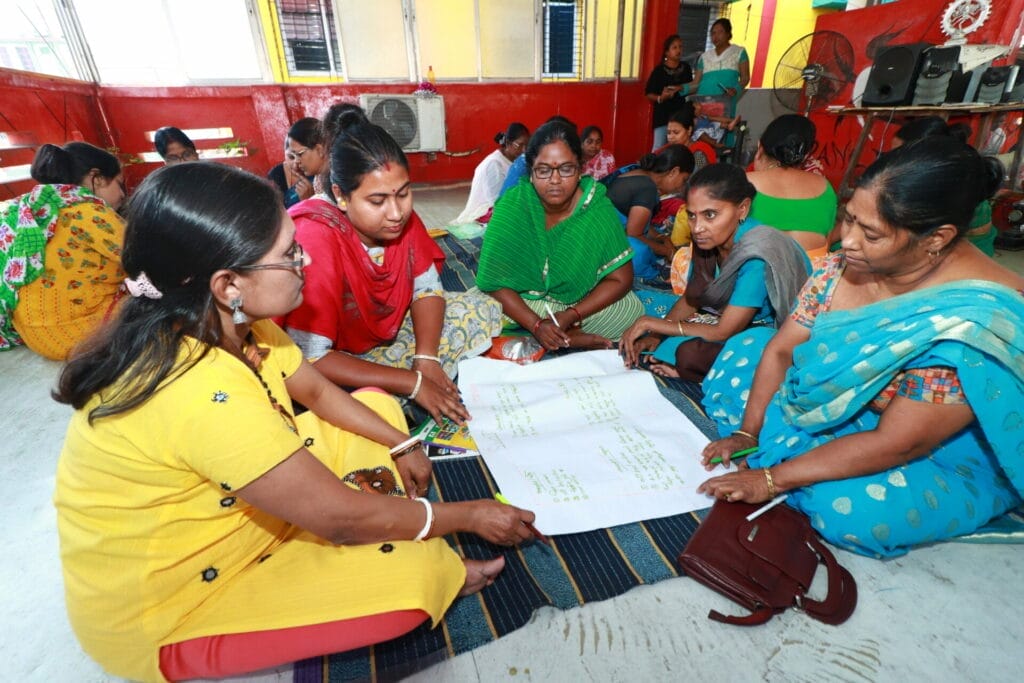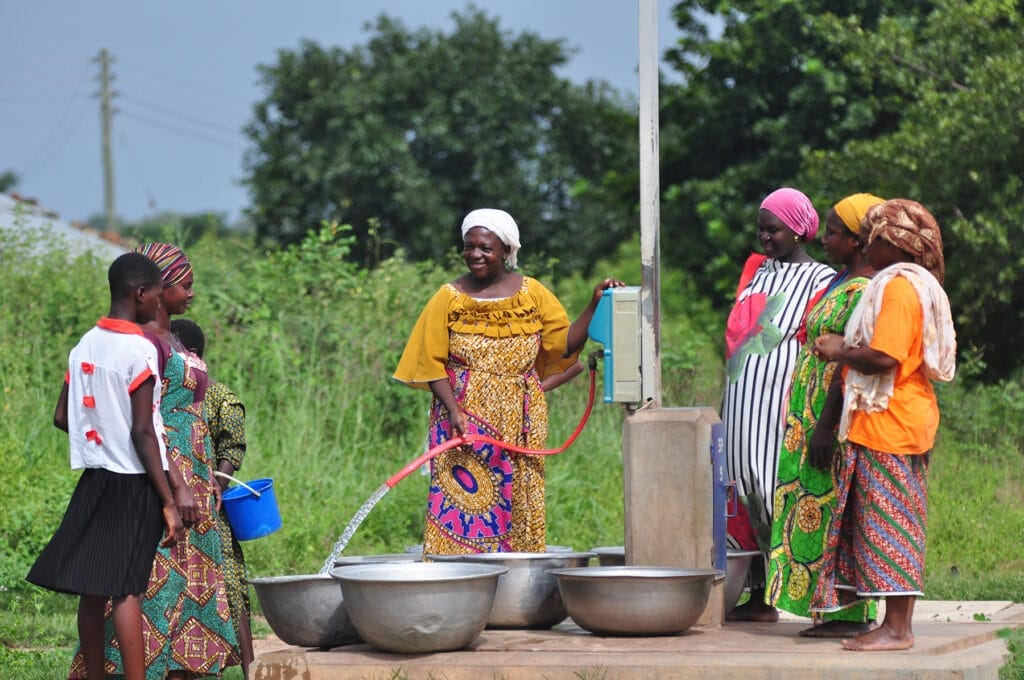Our maternal, newborn and child health, reproductive health and family planning programs strengthen health systems to equitably deliver high-impact interventions with quality respectful care, increase community demand for quality services, promote healthy practices and strengthen health leadership and governance for better health outcomes. We address the root causes and social drivers of poor health outcomes for mothers, infants and children, and leverage the power inherent in the communities where we work. Our approaches are multi-sectoral and grounded in inclusive participation, human-centered design, capacity-strengthening and built using a life-course lens.
We work with families, communities, civil society, governments, religious groups, professional associations and the private sector to address risks and vulnerabilities along the life course and continuum of care and improve the health of mothers, babies and children where and when they need it most.
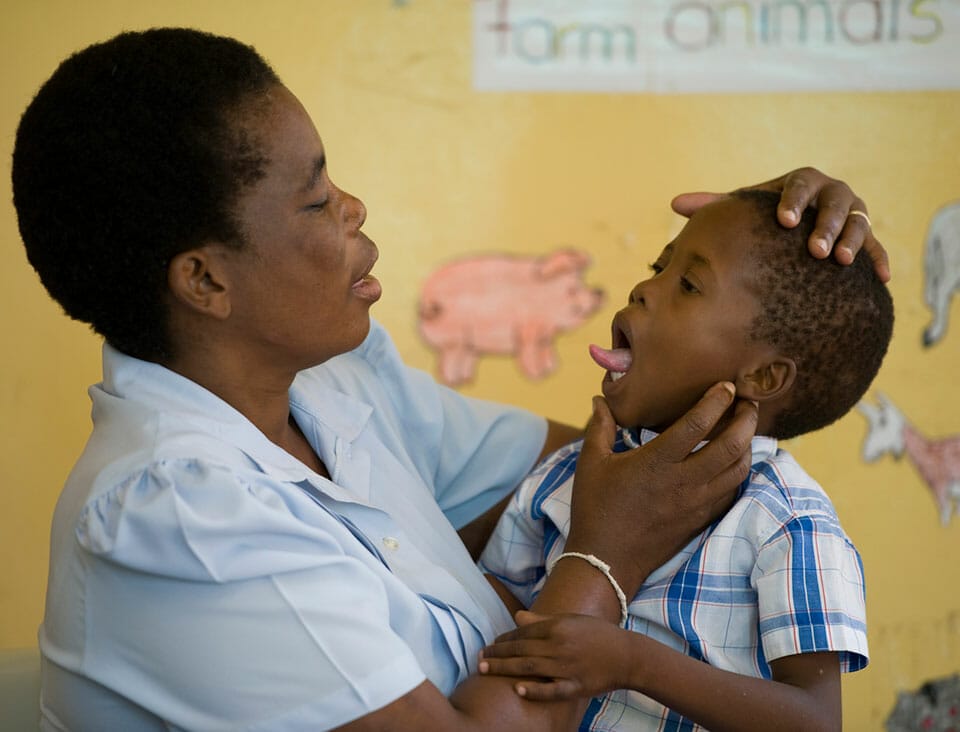
Strengthening Health Systems
Responsive governance and accountable leadership are critical for strong and resilient primary health care systems and delivery of high quality essential maternal, newborn and child health, reproductive health and family planning. We provide technical assistance to governments, health facility staff, frontline health workers, community actors and civil society to deliver sustainable and responsive services. We work with governments to increase citizen engagement for better accountability and strengthen local capacity to develop referral systems between the community and health facilities to deliver timely, quality and essential services.
In Ghana, for example, through the Resiliency in Northern Ghana project, funded by the U.S. Agency for International Development, (USAID) we partnered with local governments to strengthen leadership, governance and financial management in order to improve livelihoods, health and nutrition outcomes, and agricultural support services for women of reproductive age and their children.
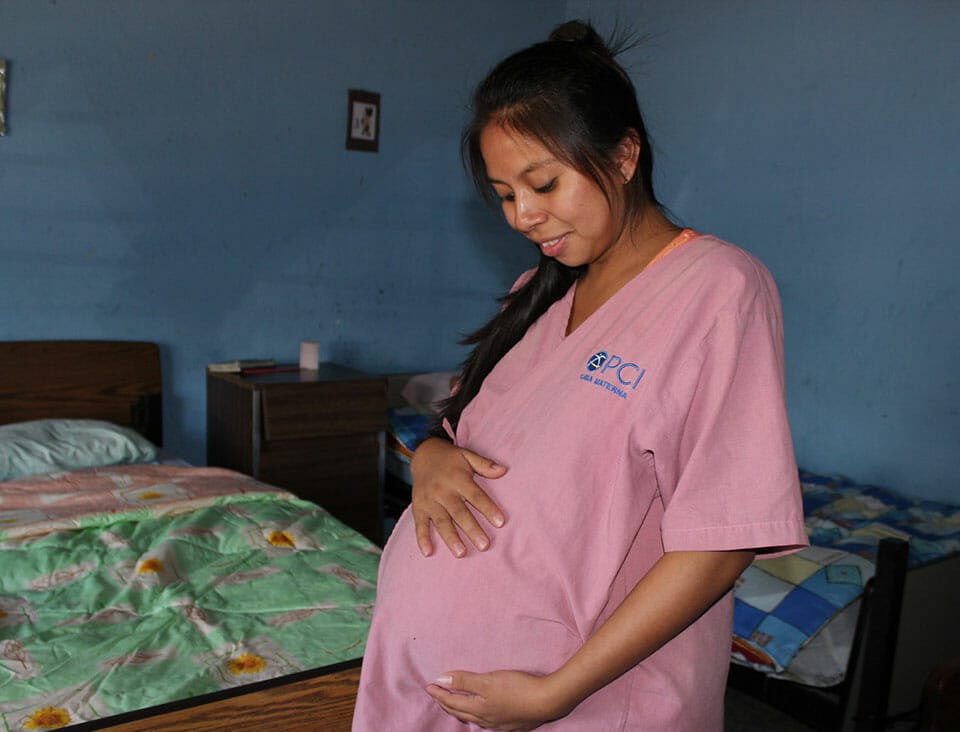
Increasing Access to Health Services Across the Continuum of Care
An effective continuum of care connects essential maternal, newborn and child health, reproductive health and family planning through adolescence, pregnancy, childbirth, postnatal and newborn periods—through childhood and along a woman’s life cycle. We work with local communities and key stakeholders as partners in improving the skills of health workers and strengthening health systems to bring quality care closer to the home.
In partnership with a local association of midwives and the Ministry of Health, Global Communities, then operating as PCI, established Casa Materna (Mother’s House) in Huehuetenango, Guatemala. For two decades, Casa Materna has provided outreach, education services, clinical services and an inpatient facility for women with high-risk pregnancies. Each year, we train hundreds of community health workers, including traditional birth attendants, to identify women with high-risk pregnancies and refer them to Casa Materna for care, monitoring and safe delivery. The program has provided more than 100,000 indigenous Mayan women with culturally-sensitive and high-quality reproductive health care and enabled more than 13,000 safe deliveries since 2000.
In the United States, our Healthy Start San Diego project takes a person-centered approach to reducing infant mortality and improving family health, providing free prenatal and childbirth education, postpartum and breastfeeding support, with a focus on Black families and immigrants in San Diego County. The project seeks to improve birth outcomes and support early child development through healthy and nurturing parent-child interactions. Enrolled participants may access midwifery and doula services, and home-based visits for families are available from the time they are pregnant until their child is 18 months old.
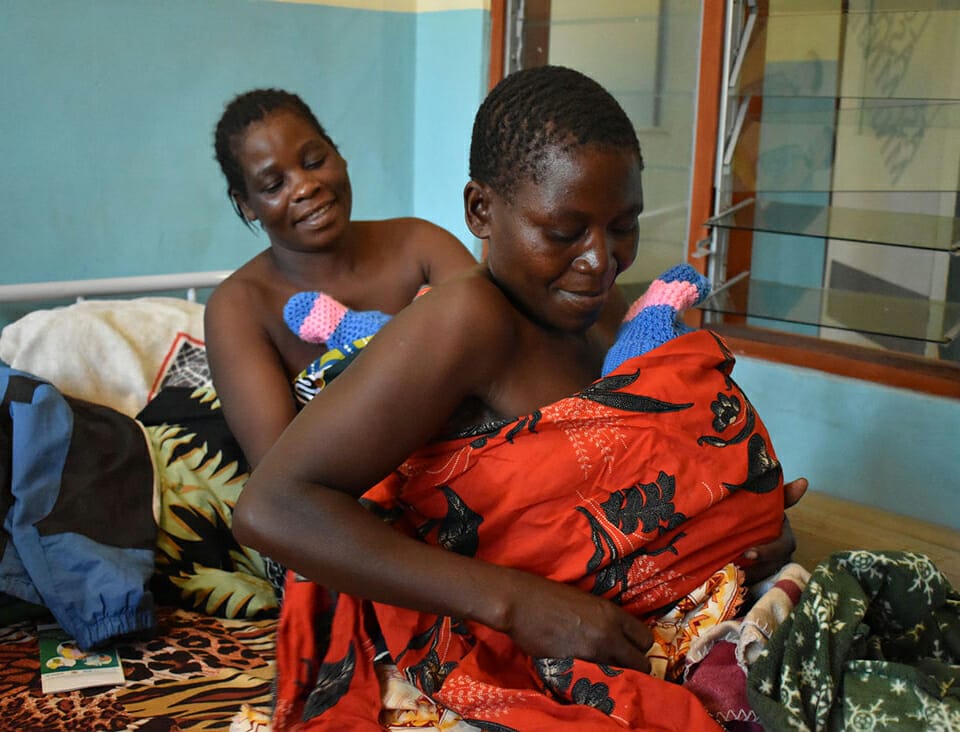
Improving the Quality of Health Services
We ensure quality, responsive service delivery tailored to the unique needs of women, children and adolescents. By partnering with and mentoring frontline workers, measuring the quality of services, identifying key challenges, and promoting family-centered care, we can ensure that public health care system levels are able to improve the delivery of services for those who need it most.
In Malawi, Global Communities, then operating as PCI, led Every Preemie-SCALE, a project supported by the USAID to provide practical, catalytic and scalable approaches to improve home and facility-based care for preterm and low birth weight babies. By engaging with fathers, encouraging the use of Kangaroo Mother Care, strengthening discharge and follow-up care and educating peer groups and community health workers, we were able to significantly improve the quality of care and realize positive health outcomes for newborns.
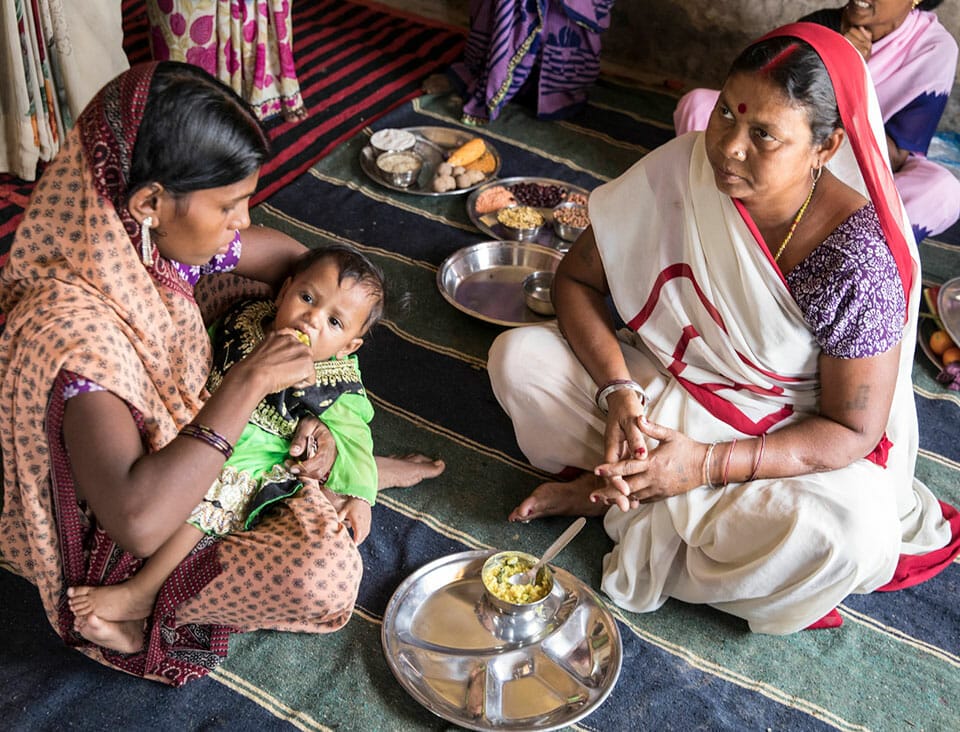
Community Mobilization, Social & Behavior Change
We use human-centered design principles to mobilize communities and families for healthier behaviors and care-seeking practices. Central to our behavior change approach, we engage men as clients, partners and fathers in child health and development.
Across countries and programs, we link women and families to platforms such as Women Empowered savings and lending groups as a way for women to generate the income they need to care for themselves and their families and as a space for women to discuss and address group-driven social issues that impact the well-being of their families and communities. In India, the Bill and Melinda Gates Foundation-funded JEEViKA Technical Support Program provides institutional support to the Government of the State of Bihar’s JEEViKA livelihoods project, using human-centered design to layer health and nutrition interventions from village to national levels. Through this program, we have reached 50 million vulnerable families through more than a million self-help groups with community-driven programming. We are also standardizing a comprehensive strategy to improve family planning outcomes by reaching 5,000 young married couples with interpersonal counseling, adult learning games and videos, couple-to-couple communication and counseling of opinion leaders in the community.
TESTIMONIAL
I have many children but this youngest one I have been playing with him and talking to him and I have made him toys to play with. For sure he is a lot more active and playful and he understands things quicker. Myself, I am amazed at the way he is different from his older siblings.
- EFFECTS participant from Manyama Village, Mara, Tanzania
Thought Leadership & Promoting Global Best Practices
Our interventions are data-driven, with targets based on program data as well as epidemiologic and demographic trends. We are driven by opportunities to generate and share evidence on successful strategies.
For example, Every Preemie-SCALE was designed to provide practical, catalytic, and scalable approaches for expanding uptake of preterm birth and low birth weight interventions in 24 priority countries predominantly in Africa and Asia. Every Preemie-SCALE was funded by USAID and implemented by a consortium of partners comprised of Global Communities, then operating as PCI, the Global Alliance to Prevent Prematurity and Stillbirth and the American College of Nurse-Midwives. With a focus on moving evidence to action, Every Preemie worked across three main areas: implementation research in Ethiopia, Malawi, Bangladesh and India, developing Family-Led Care, a new model of care for small and sick newborns, and global engagement and collaboration.
We also co-chair the Reimagining the Package of Care for Children Subgroup of the USAID-funded Child Health Task Force, which aims to shape the health and well-being of all children by maximizing each child’s opportunities to realize full physical and cognitive potential. The Reimagining Subgroup has developed a global platform for knowledge exchange where ideas, experiences, evidence, knowledge and best practices can be shared to bring solutions to complex maternal and child health challenges.
Our Approach
The five main pillars of our maternal, newborn and child health and reproductive health and family planning programming include:
- Strengthening the health system
- Improving quality of services
- Increasing access to services
- Improving healthy practices with social and behavior change
- Combining global best practices with locally-led solutions
Our local capacity strengthening capabilities further demonstrate our commitment to improving equity and outcomes by directly improving the capacity of local organizations and institutions to deliver health services.
19,000
health-focused Self-Help Groups formed with women of reproductive age from vulnerable communities
160
Safe Motherhood Action Group members trained on how to conduct home visits for women and children across the maternal and newborn care continuum
100,000
Indigenous Mayan women provided with culturally sensitive and high-quality reproductive health care, enabling more than 13,000 safe deliveries
Our work in this area reaches:
Resources
Research & Publications
Testing Outcomes of HIV-Exposed Infants (HEI) in Botswana
This poster, presented in 2024 at the 25th International AIDS Conference by Global Communities, showcases the results of a study on early infant diagnosis in Botswana. Main finding. Testing rates for HEI are high in Botswana and the uptake of testing is growing; however, mothers do not fully comprehend the HEI testing protocols. Key takeaway.…
Research & Publications
Adapting Health Systems to Protect Children from the Impact of Climate Change: A Series
Prepared by The Child Health Task Force, Global Communities, and UNICEF The “Re-imagining the Package of Care for Children” series, co-hosted by the Child Health Task Force, Global Communities, and UNICEF, provided a platform to foster important discussions on how to adapt health systems to protect children from the challenges posed by the climate crisis.…
Capacity Materials
Advancing Maternal, Newborn and Child Health and Nutrition (MNCHN)
Global Communities has worked to save mothers’ and children’s lives and improve their health and well-being since 1961. We implement integrated maternal, newborn, child health and nutrition (MNCHN) programs at the individual, family, community and institutional levels. On the supply side, we partner with governments, civil society, and frontline health workers to strengthen health systems,…
Research & Publications
Facilitating behavioral change: A comparative assessment of ASHA efficacy in rural Bihar
Oskar Burger, Faiz Hashmi, Maciej J. Dańko, Santosh Akhauri, Indrajit Chaudhuri, Emily Little, Hannah G. Lunkenheimer, Sudipta Mondal, Nachiket Mor, Neela Saldanha, Janine Schooley, Palash Singh, Tracy Johnson, Cristine H. Legare Published: August 17, 2022
Research & Publications
An Infant Carrier Intervention and Breastfeeding Duration: A Randomized Controlled Trial
Emily E. Little, PhD, CLEC, Camille C. Cioffi, PhD, Lisa Bain, MPH, Cristine H. Legare, PhD, Jennifer Hahn-Holbrook, PhD OBJECTIVES: Parent-infant skin-to-skin contact immediately after birth increases initiation and abstract duration of bodyfeeding. We hypothesized that providing ergonomic carriers to parents during pregnancy would increase the likelihood of breastfeeding and expressed human milk feeding through…
Briefs & Case Studies
Youth-led development of a Chatbot to Increase Early Prenatal Care Utilization in Santa Cruz County, Arizona
A TECHNICAL BRIEF on the Arizona Initiative of the Border States CoIIN The Border States Collaborative Improvement and Innovation Network (CoIIN; see inset) Arizona team sought to better understand barriers associated with the initiation of first trimester prenatal care among youth in Santa Cruz County to inform the design of innovative solutions to help overcome…

